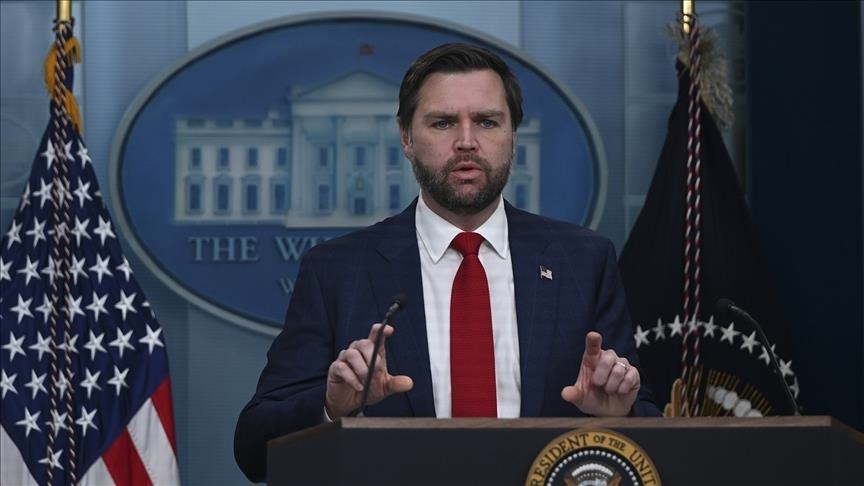Turkey, Jordan vow to cooperate
"Jordan believes the Palestinian issue lies at the heart of the Arab-Israeli conflict," Abdullah told the press ahead of meeting with Sezer. "We should do our best to progress toward peace in the Middle East," he went on to say.
Abdullah said that the talks in Ankara would cover "how we can contribute to the future of the Iraqi people" as well.
"Turkey and Jordan represent stability and modernization in the Middle East. Our cooperation, which sets a model for other countries, makes significantly contributes to peace and stability in the region," President Sezer said, pointing out that Abdullah’s visit came at a time when the region passed through a sensitive period.
Abdullah’s visit also comes amid efforts in the neighboring Iraq to set the framework for a transition to a democratic regime and escalating tension between Palestinians and Israelis.
Turkey’s involvement in Middle East affairs has been growing especially since the U.S.-led war in Iraq. Ankara initiated a forum of foreign ministers of countries neighboring Iraq and offered to mediate in peace efforts between hostile neighbors Syria and Israel.
Enjoying close ties with both Israel and Palestine, Turkey has offered several times to host an international conference for peace between Palestinians and Israelis.
Abdullah said Jordan appreciated the role that Turkey plays for peace.
The region has long been longing for justice, stability and safety, he said and added that it was necessary for the people of region to feel safe in order to be able to make plans for the future.
The Jordanian king is accompanied by Prime Minister Faisal al-Fayez and he met with Prime Minister Recep Tayyip Erdogan later Tuesday.
Both Turkey and Jordan support dialogue between Palestinians and Israel for a peaceful resolution. Jordan has openly rejected the barrier Israel is building in the West Bank, saying that it threatens the livelihoods of Palestinians and harms Jordanian interests.
Sezer said Turkish-Jordanian relations would be covered in all aspects and steps to strengthen ties would be discussed in talks with the Jordanian king.
The delegation was scheduled to travel to Istanbul on Wednesday to meet with Turkish businessmen and discuss investment possibilities in Jordan.
Uzan’s passports canceled
A day before starting his visit, King Abdullah said Jordan had canceled passports issued to two members of the controversial Turkish Uzan business family, one of whom is on the run from fraud charges.
The whereabouts of Hakan Uzan, one of several family members being tried in absentia here over the collapse of Imar bank with $5 billion debts, is unknown. His brother Cem, head of a right-wing political party, is not on trial over the banking collapse but faces a jail term in Britain for contempt of court.
The Hurriyet daily quoted the king on Monday as saying Jordan had issued passports five years ago to media baron Cem Uzan and to Hakan to help them invest in the country.
"Yes, we gave the Uzans passports, but now we’re taking them back," Hurriyet quoted King Abdullah as saying.
The King said the Uzans were not in Jordan. The king said the passports would expire this year and would be confiscated if the Uzans tried to use them.
Turkey’s banking regulator seized more than 200 Uzan-owned firms last month, including the country’s second-largest mobile phone operator, Telsim, to collect debts related to Imar Bank.
Telsim is already in a legal battle with cell-phone makers Motorola Inc of the United States and Finland’s Nokia after failing to repay almost $3 billion in loans.



